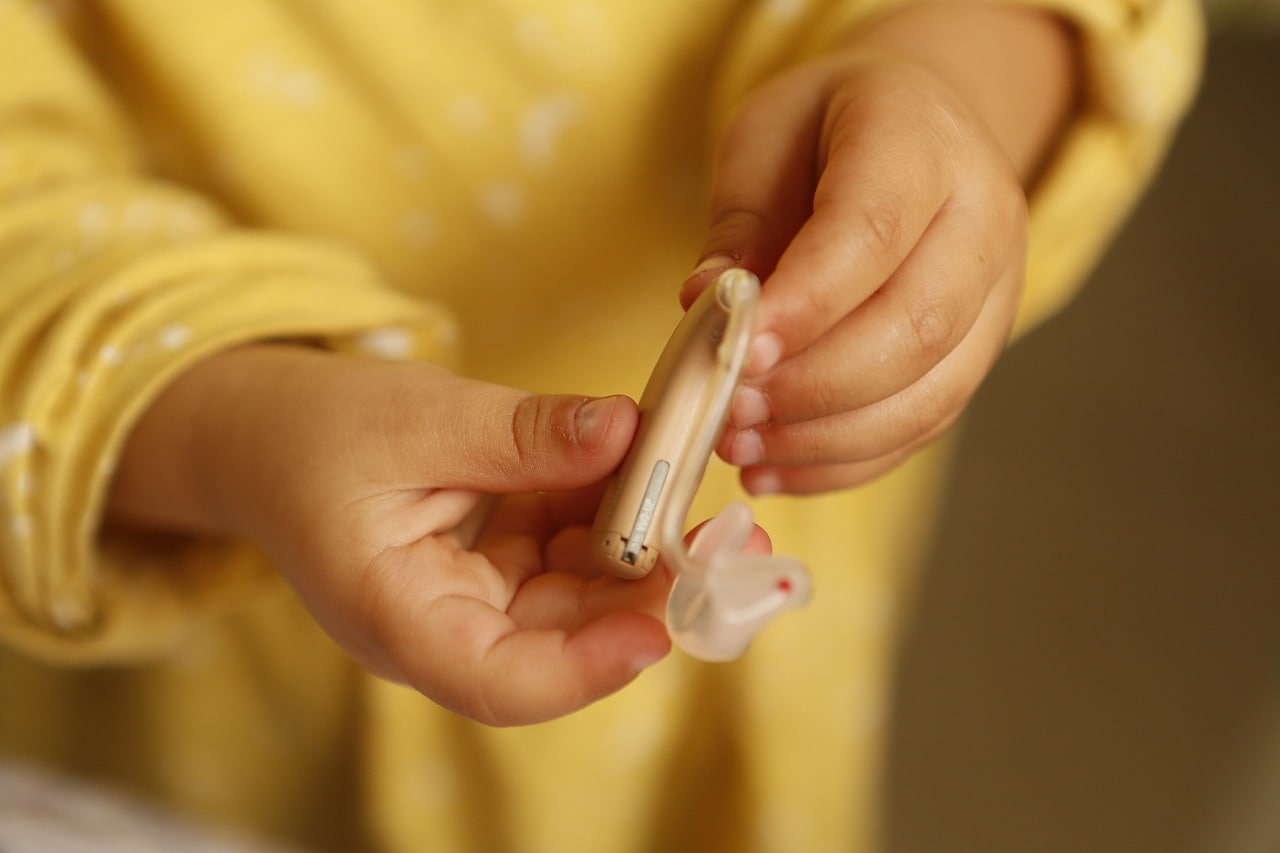Hearing loss is a prevalent issue among older adults, with statistics indicating a significant increase with advancing age. Despite its prevalence, many seniors face challenges in effectively utilizing hearing aids, leading to frustration and limited communication. However, there are strategies and technological advancements available to enhance the usability and effectiveness of hearing aids for older individuals.
A recent study conducted by Johns Hopkins Bloomberg School of Public Health revealed startling statistics about the pervasiveness of hearing problems among older Americans. With over 90% of individuals aged 85 and older experiencing some degree of hearing loss, compared to 53% among those aged 71 to 74, it’s clear that hearing impairment is a pressing issue in the aging population.
One of the primary challenges faced by older adults is the reluctance or difficulty in using hearing aids effectively. Despite the availability of advanced hearing aid technology, only 29% of individuals with hearing loss utilize these devices. This reluctance can be attributed to various barriers, including the high cost of hearing aids, limited access to hearing evaluation services, and the stigma associated with wearing hearing aids.
To address these challenges and maximize the benefits of hearing aids, specialists in hearing health offer valuable advice:
Consider Larger, Customized Devices: For individuals with dexterity issues or compromised vision, larger hearing aids with customized molds can significantly improve usability. Behind-the-ear hearing aids with customized earpieces are recommended for better fit and ease of handling.
- Opt for Ease of Use: Choose hearing aids with features like rechargeable batteries and smartphone compatibility for ease of operation. Smartphone apps and remote controls can simplify volume adjustments and device settings, particularly for older adults comfortable with technology.
- Explore Accessories: Accessories such as clip-on microphones and hearing aid clips can enhance hearing aid functionality and prevent accidental loss or damage.
- Wear Hearing Aids Regularly: It’s essential to wear hearing aids consistently throughout the day, even in quiet environments, to provide continuous stimulation to the brain and optimize hearing abilities.
- Consult a Hearing Professional: Seek guidance from audiologists or hearing specialists to assess individual needs and explore suitable hearing aid options. Medicare coverage for audiologist consultations offers an opportunity to discuss requirements and preferences without financial constraints.
By implementing these strategies and embracing technological advancements, older adults can overcome the challenges associated with hearing aids and improve their quality of life. Effective communication is essential for maintaining social connections, preventing cognitive decline, and enhancing overall well-being in later years.
